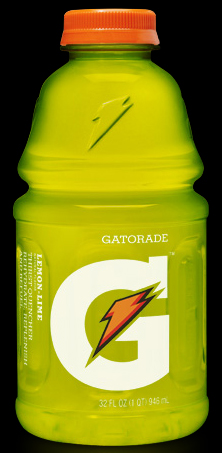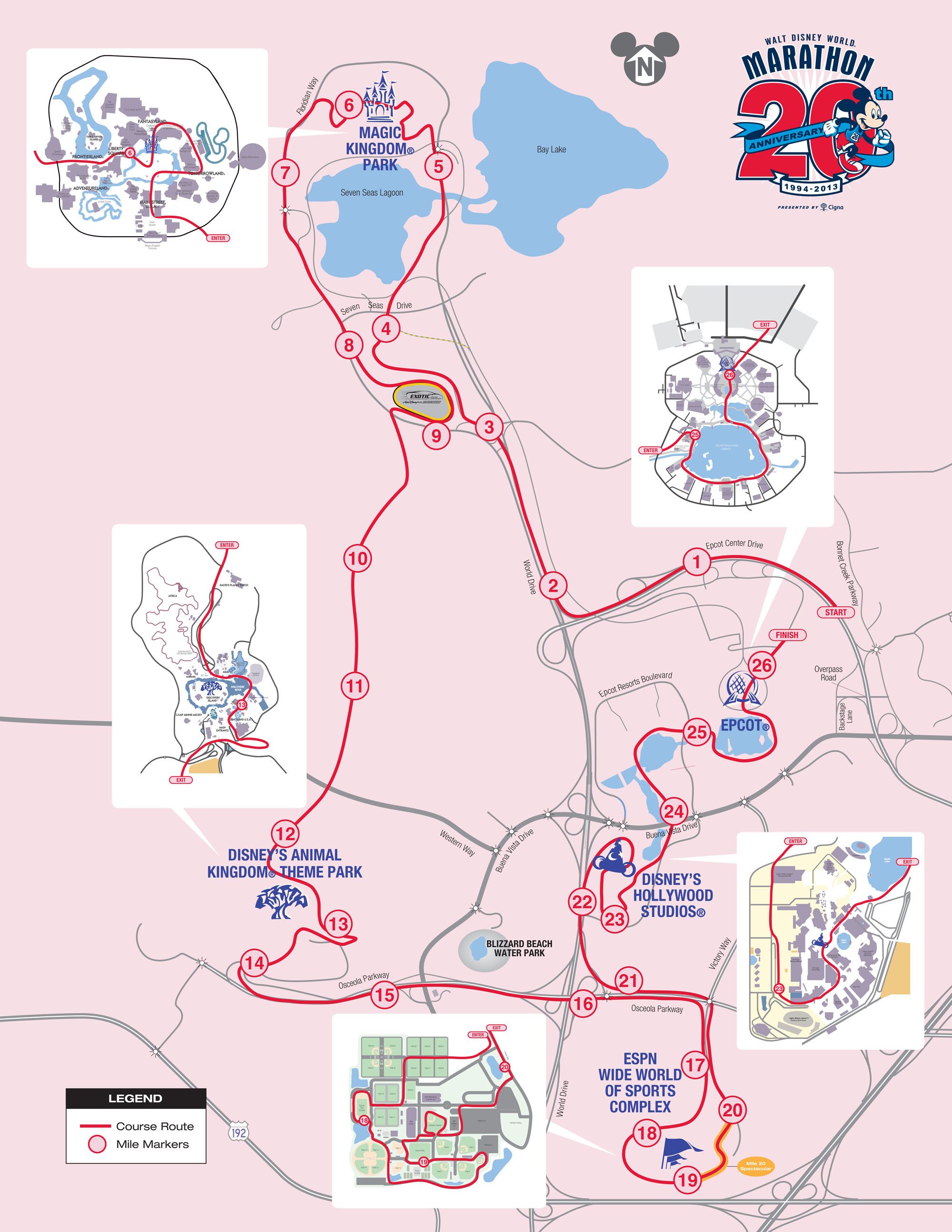I hope this doesn’t creep you out, but when you come to my blog from a Google search, I can see what you searched. Well not what you searched. (Maybe you…)
Basically, I can see generally how some random internet people got here.
Well, I’m here for you. You searched for answers, and I’m gonna answer your questions in various posts here and there.
So, did anybody die at the Walt Disney World Marathon this year (2013)?
I heard this rumor online. I have no idea who started it or how it’s still getting around, but as far as I know, no. Nobody died.
I’m pretty sure if someone had died, it’d actually be on a news source somewhere – any credible news source – rather than just the idea floating around Facebook. (Why would anybody start this rumor? And why is anyone continuing to spread it?)
And addressing the idea in general of people dying in marathons – from what I can tell on the internet, there’s less than a one/one-hundred-thousandth(!) of a chance that you’ll die in a marathon. In fact, it’s almost a one in a million chance. (It’s an 8 in a million chance.) (I know I’ve only linked to one study, but Google around and the results seem to be pretty similar.)
From what I can tell, it seems more likely that you would die from car accidents, childbirth, diabetes, and super long list of other things than from a marathon.
If you’re still worried, there are precautions to help lower that already very low chance.
– Get checked out before you embark on a journey to becoming a marathoner. You never know. You could have some secret underlying heart problem you never knew about. (I did.)
– Train. In real life, train. Don’t say you’re gonna train then throw a bunch of miles at yourself in the last week. Technically, it seems the general rule of thumb is not to increase your mileage more than 10% each week. (This is a “do as I say, not as I do” piece of advice. I’ll admit that for this crazy year, I didn’t do nearly enough training to really justify this craziness.)
(The first time I did a half marathon, I trained like a champ. And I felt amazing. And that’s what I really, really recommend.)
 – Don’t over-hydrate. Hyponatremia is a real thing. Remember to replace your electrolytes on your runs.
– Don’t over-hydrate. Hyponatremia is a real thing. Remember to replace your electrolytes on your runs.
– Don’t under-hydrate(!) If you feel thirsty, that means you’re already at least a little dehydrated. Water is good for you. (And if your fingers are swelling up during the race (which is apparently a thing that happens to a fair amount of people), I think that also means you’re dehydrated.)
– Generally, listen to your body (and the weather), and take care of yourself.
Who am I to give advice? Well, nobody, really. Don’t live and die by my advice. In fact, perhaps don’t even listen to it at all.
I’m not a doctor. I’m not a fast marathoner.
But I’ve lived through a bunch of distance events, and I think I know some rules of thumb (but of course they don’t substitute for any medical or real advice.)
So, go out there. Run. Take care of yourself. Know that, generally, most people are more likely to die from health problems involved with not exercising enough than they are to die from a marathons. Marathons are fun! And truly not all that dangerous. As far as I can tell, the benefits far outweigh the risks. (And as far as I can tell, all 20-some thousand runners in the Walt Disney World Marathon survived it.)

Aside from, you know, the first ever marathoner, I agree that your chances are pretty slim (a lady who died during the London Marathon last year actually tested positive for banned substances). And absolutely agree with you on the don’t OVER hydrate point. I’ve read that race paramedics are seeing an exponential increase in people getting sick from taking in too much water during marathons!
Thanks for the comment and for agreeing with me.
I had no idea that any more information ever came out about the woman in the London Marathon. Thanks for sharing that. (In case anyone is reading the comments, you can see the story here (among many other places online).)
And yes. In my experience, I still see way more people under-hydrating than over-hydrating, but over-hydrating is a real thing. (I think some people get too scared of under-hydrating.) Interesting that the number of people who hydrate too much is growing. I guess sometimes it can be a tough balance – especially when people are out there and nervous or not thinking clearly.
I think the death is real,, sort of. Two people have died in the past . Here are two links.
http://news.google.com/newspapers?nid=1320&dat=20000110&id=uVJWAAAAIBAJ&sjid=GOwDAAAAIBAJ&pg=4377,2221297
from the Gainsville Sun, a Canadian man with a pre-existing heart condition in 2000.
http://m.espn.go.com/extra/olympics/story?storyId=2284219&lang=ES&wjb=
An arizona man in 2006
Yes, I’m sorry if I didn’t make the post clear enough. I was aware of the 2006 death. I was just saying I hadn’t seen any legitimate sources talking about a 2013 death, even though many people seemed to be talking about it.
But, thanks for clearing things up and adding info in the comments section. I appreciate it!
I witnessed someone receiving CPR in the Race Retreat but I do not know for sure if it was a runner and the victim was revived by the response team and transported to the hospital. There was a death yesterday at the Barcelona Marathon, though.
Sad to hear.